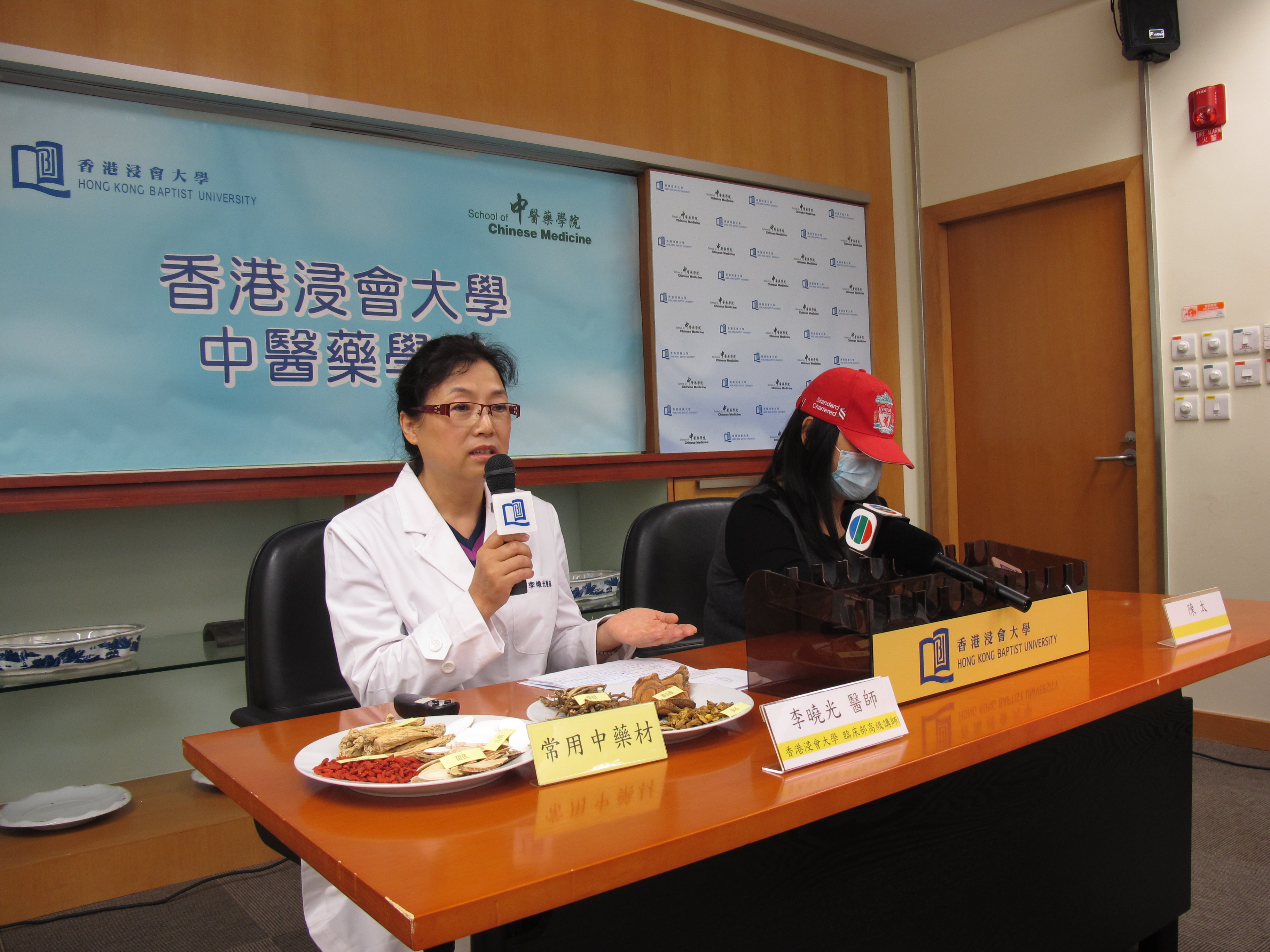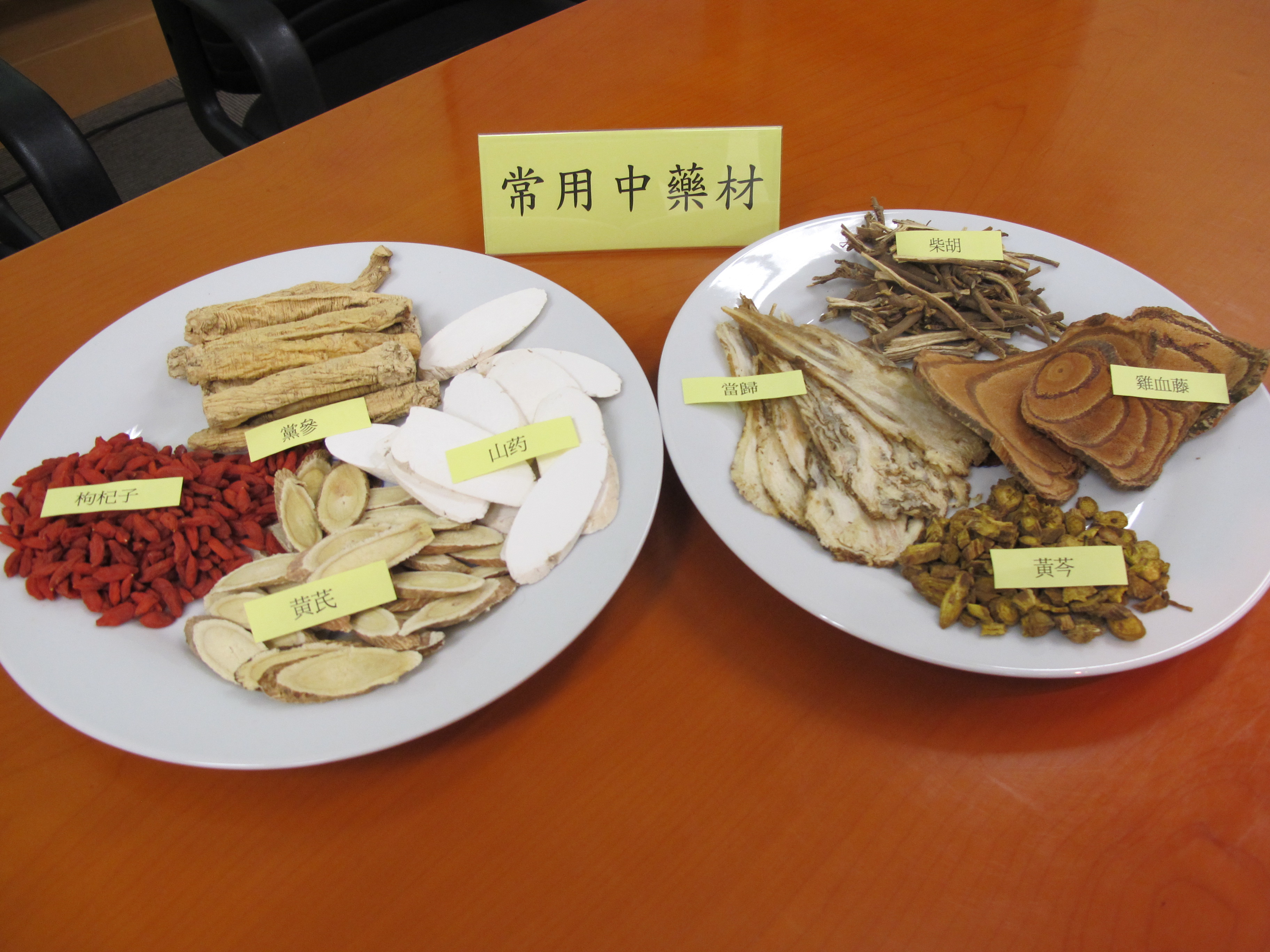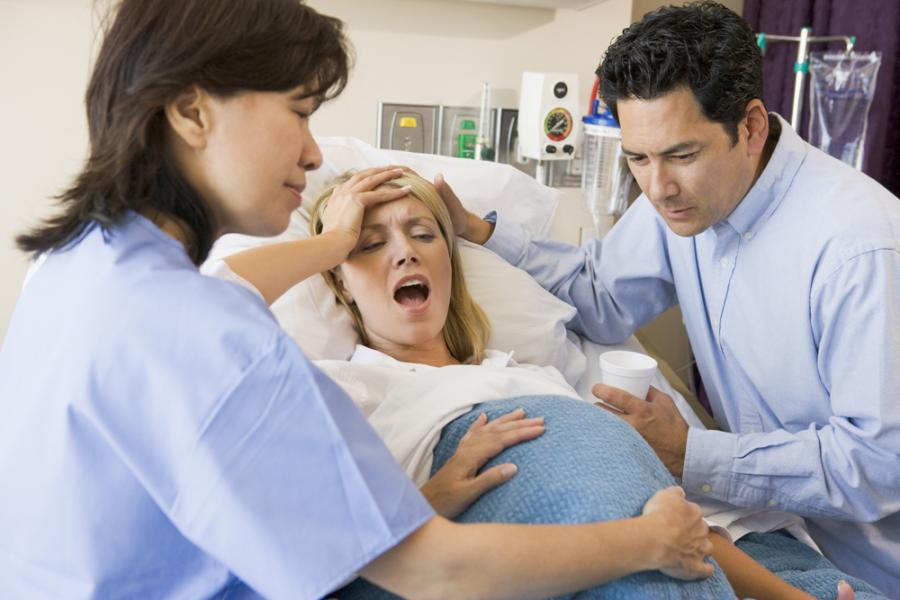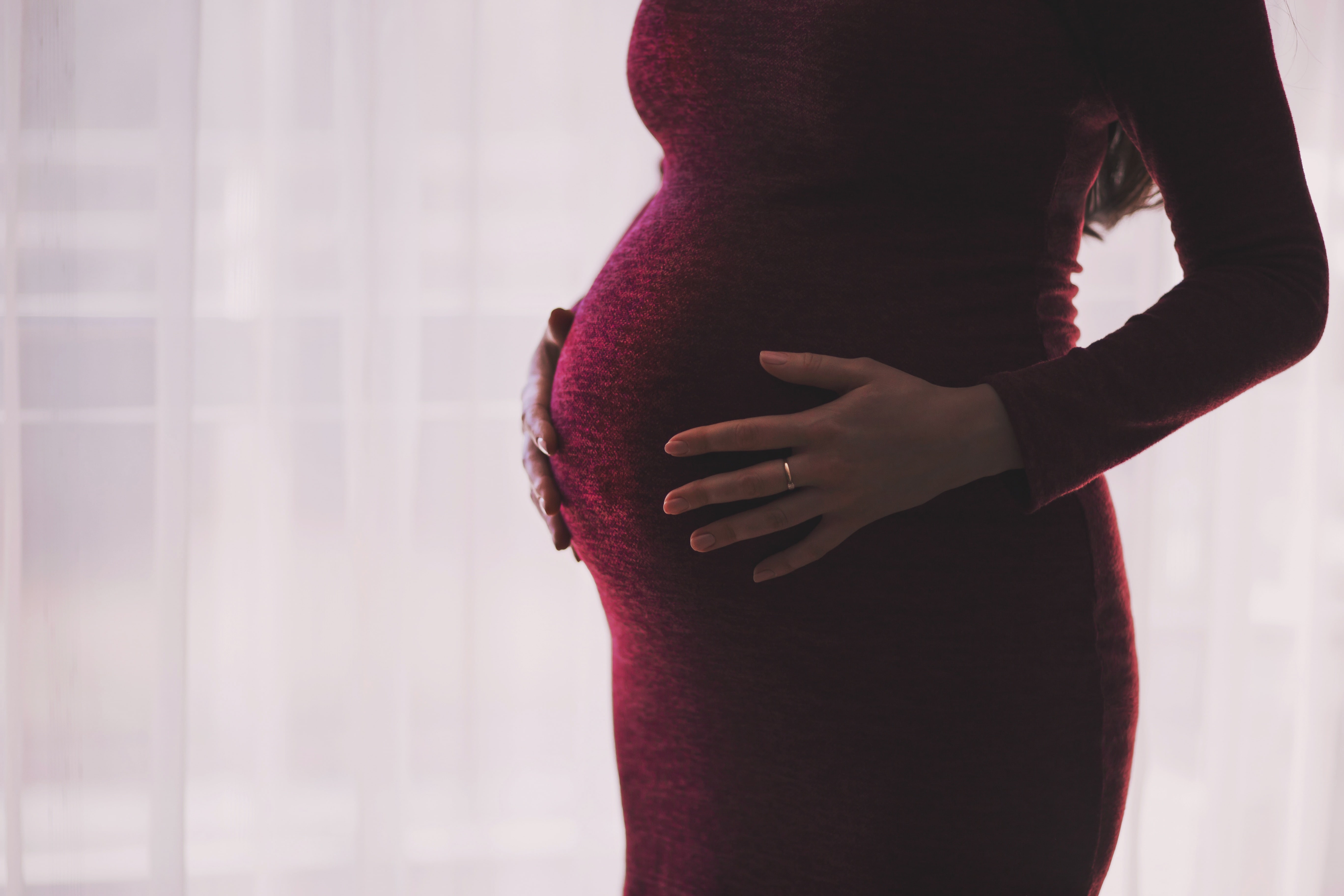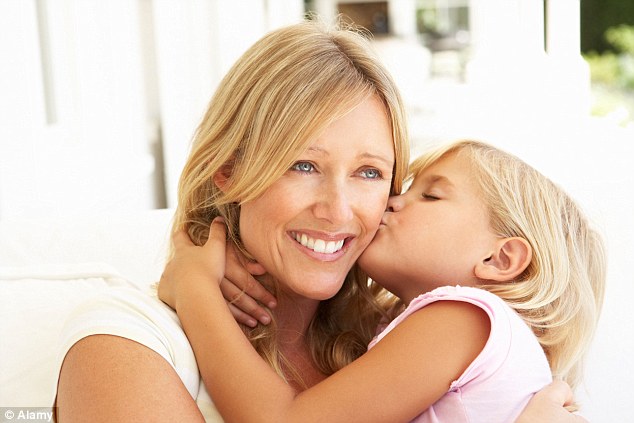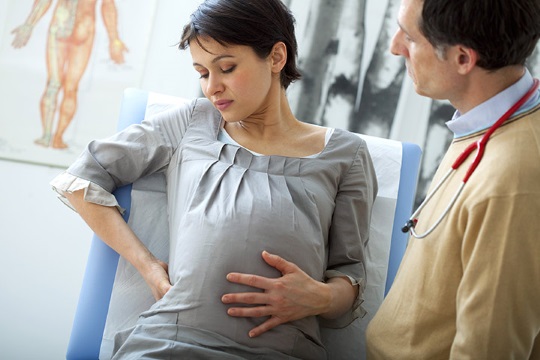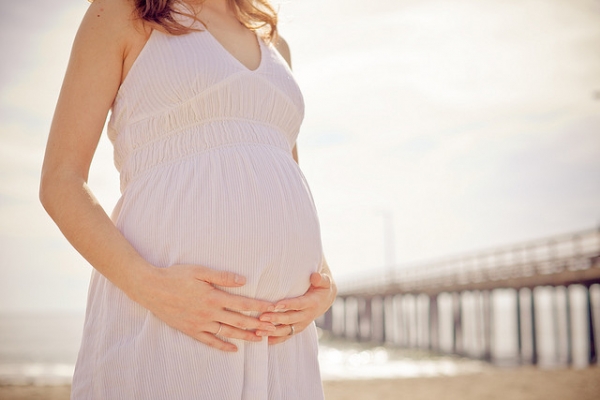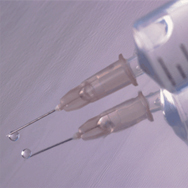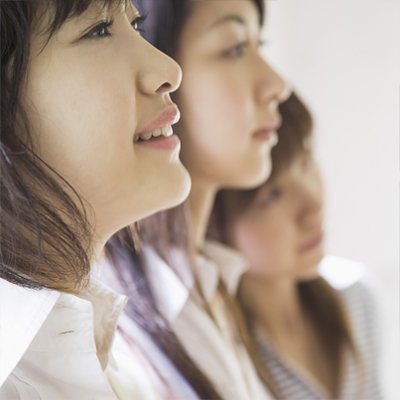HKBU clinical observation
A pregnancy rate of 34.5% for female infertility treated with Chinese medicine in Hong Kong
The School of Chinese Medicine (SCM) of Hong Kong Baptist University (HKBU) conducted clinical observations on Chinese medicine treatment for female infertility and found that the majority of the patients with this condition in Hong Kong are categorised under the Chinese medicine system as having liver constraints and that about 35% of them became pregnant after receiving Chinese medicine treatment. Among the successful cases, over 90% got pregnant within a year of receiving treatment and those aged 36 to 40 have the highest pregnancy rate of 54.5%.
The above picture:Ms. Li Xiaoguang (left) and Mrs. Chan share the results of clinical observations on Chinese medicine treatment for female infertility and treatment experience According to Ms. Li Xiaoguang, Senior Lecturer of the Clinical Division of SCM, HKBU, the observations indicated that the pregnancy rate of Chinese medicine treatment for female infertility is similar to that of assisted reproductive technology, but Chinese medicine treatment is comparatively cheaper. Chinese medicine treatment may therefore play a key role in fertility medication. Ms. Li conducted clinical observations on 145 infertile patients from October 2011 to February 2013. They were prescribed Chinese herbal medicines based on their individual health conditions which resulted in 50 pregnant cases, a pregnancy rate of 34.5%. Out of the 50 successful cases, a few patients had taken other treatment while receiving Chinese medicine treatment (two patients took ovulation induction drugs and three had adopted artificial insemination methods). The majority of the pregnant patients continue to take Chinese herbal medicines to prevent miscarriage. Clinical observations were made on patients aged between 22 and 45. Nearly half of the patients are in the age group of 31 to 35 (46.2%), followed by those aged 36 to 40 (22.8%), those aged 30 or below (18.6%) and 40 or above (12.4%). In terms of pregnancy rate, patients aged 36 to 40 (54.5%) scored the highest, followed by the group aged 31 to 35 (29.9%), the group aged 40 or above (27.8%) and those aged 30 or below (25.9%). Among the 50 pregnancy cases, 46 cases (92%) reported pregnancy within a year after they first received Chinese medicine treatment. A total of 29 cases (58%) had undergone the treatment for 3 to 7 months, 17 cases (34%) for 8 to 12 months while the remaining 4 cases (8%) for longer than a year. Ms. Li said that from the Chinese medicine perspective the kidney governs reproduction and the liver regulates menstruation. The clinical observations reveal that the majority of patients diagnosed with female infertility in Hong Kong have liver constraints. She attributed the norm to the trend of postponement of marriage and birth resulting in the decline of kidney and ovarian function with age. Adding that work pressure and stress lead to endocrine disorders, Ms. Li said the patients’ long-awaited desire to give birth can cause psychological stress which could aggravate anxiety and depression. Ms. Li said Chinese medicine treatment helps to regulate the functional capacity of patients in terms of the function of liver, kidney, ovaries, etc. according to their individual health conditions. Pointing out that it may take longer time for older patients to regulate body functioning, she advised the patients to be persistent once they have started the treatment.
The above picture:Chinese medicine herbs used for female infertility treatment
|
|





